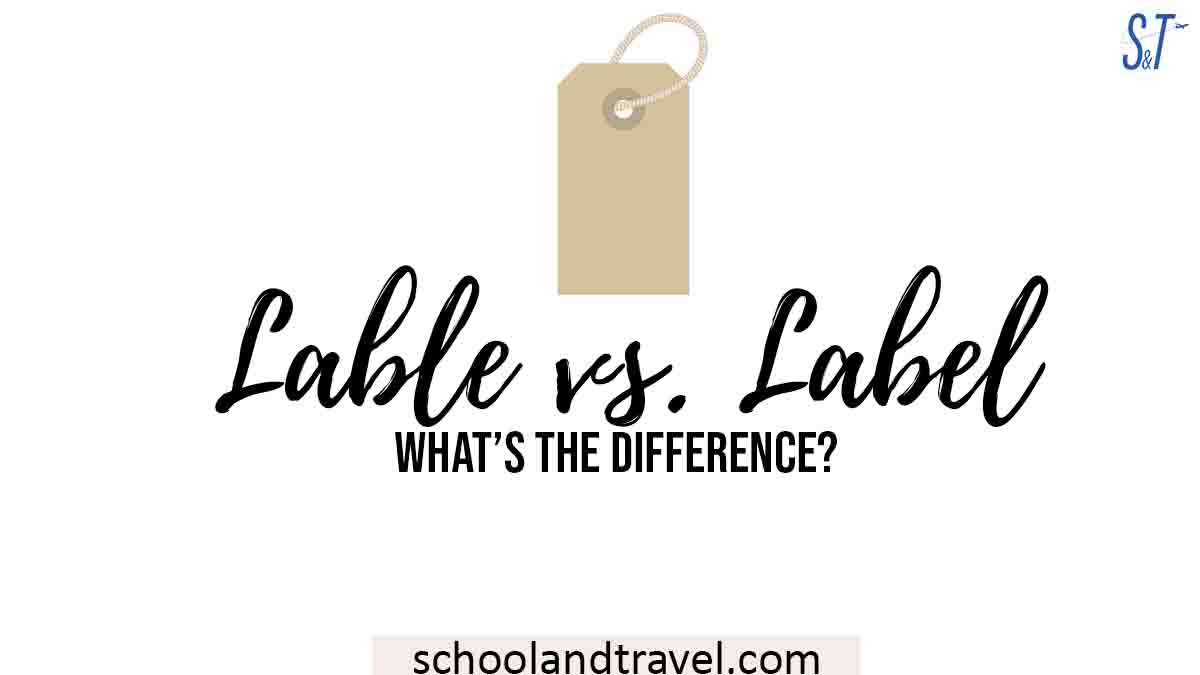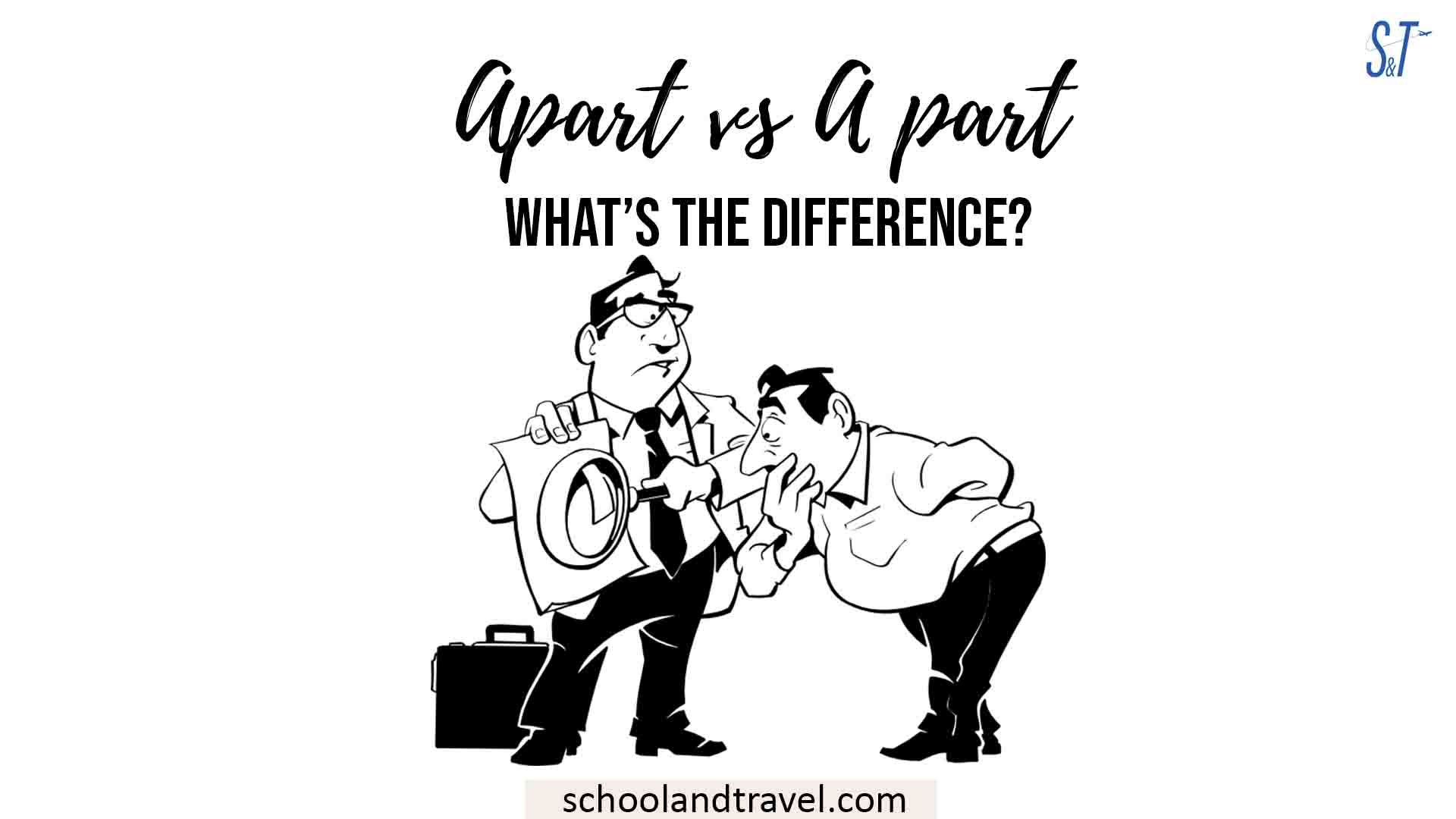In comparing Mistrust vs Distrust, there are a few things you need to consider, to use these words in the right context. Although both are roughly the same, the use with respect to nouns and verbs differ entirely.
One thing I want you to understand about the English language is that no one is a master of all, there are times that you have to check the dictionary to confirm the exact spelling or meaning of a word before using it.
So don’t feel bad if you find it difficult to differentiate the two. In this article, I will explain these two words and help you understand how to use them with respect to the right context.
Mistrust vs Distrust
What is Mistrust?
Mistrust is the lack of confidence or belief in someone or something. It could be used interchangeably as distrust, as a noun or as a verb although there is a little difference.
Examples:
- My mistrust in technology has caused me more harm than good.
- The coach’s mistrust of vegetables has made him lose weight drastically.
- I can’t really explain the amount of mistrust I have for a gym.
Read this: Her’s or Hers – Which is Correct?
Mistrust vs Distrust:
What is Distrust?
Distrust as a noun usually comes in a context where you do not trust someone entirely. As a verb, it means the act of not having confidence and reliability in someone.
Examples:
- I don’t know why I have a strong distrust for the new captain.
- Distrusting someone at times doesn’t mean you hate them, it’s usually a feeling that is unexplainable.
- One of the major causes of distrust is showing up with a negative or bad first impression.
Mistrust vs Distrust: What’s the diff:
The two words Mistrust and Distrust have nuanced differences such that it’s just a minor difference and as such, the use of each word is dependent on the context.
For instance, in sales, when you know that a business deal with a salesman will yield a massive gain (Commission) at your own expense, then it creates distrust for those people.
On the other hand, you create mistrust for someone if their first impression on you is really bad or annoying to you. Thus in summary, Distrust and mistrust can be used depending on the context.
Awesome one, I hope this article on “Mistrust vs Distrust” answered your question.






